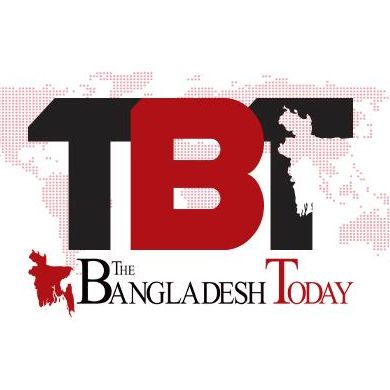

Special Correspondent
The National Board of Revenue (NBR) has revised VAT and supplementary duty (SD) on nine goods and services, including mobile phone usage, internet services and medicine.
The tax authority brought down the indirect taxes two weeks after the government hiked rates of nearly 100 goods and services drawing opposition from criticisms that the spike would stoke inflation which has been staying over 9 percent since March 2023.
In a press release on Wednesday, the NBR said it has slashed VAT on ready-made clothes, restaurants, sweets, non-AC hotels and motor workshops and mostly restored to the previous levels.
The NBR restored SD on mobile phone usage to 20% from 23 percent and withdrew 10% SD on broadband internet services.
Trade VAT on medicine has been restored to its previous rate of 2.4 %, down from 3 percent. The VAT on restaurants has been brought back to 5 percent from 15%.
However, three to five-star hotels will continue to be subject to a 15 % VAT rate as they can claim input tax credits. The VAT on automobile workshop services has been kept at 10% following protests.
VAT on ready made clothes by branded fashion stores has been lowered to 10 % from 15%.
Buyers of non-branded clothes will require to pay 7.5 % VAT.
Earlier, VAT on both branded and non-branded outlets was 7.5% VAT.
The VAT on sweets shop has been reduced to 10%, reversing the earlier hike from 7.5% to 15%.
Non-AC hotels will now face a 10 % VAT, down from 15 % higher than the earlier 7.5 % rate.
Meanwhile, restaurant owners and workers organized a human chain in front of the Revenue Building in Agargaon, Dhaka, on last Thursday to protest the increase in VAT. Approximately 2,000 owners and workers participated in the demonstration, warning of stricter protests if the increased VAT is not withdrawn promptly.
Following the human chain, Imran Hasan, general secretary of the Bangladesh Restaurant Owners' Association, said, "Today, we had planned for 20,000 people to gather here. However, since NBR assured us yesterday that they would reconsider the decision, we have come with a smaller group of owners and worker representatives to convey our message."
On January 9, the organization was arraigned at a press conference. They threatened to go on strike unless the government reconsiders its plan to hike the value-added tax on hotels and restaurant services.
At the press conference, Imran Hasan, secretary general of the association, said the restaurant business has been struggling for over two years due to high inflation.
On 14 January, the government implemented a regressive tax policy, despite previously advocating for progressive taxation, to fulfill the International Monetary Fund's (IMF) requirement of raising an additional Tk12,270 crore in revenue.
In a progressive tax system, individuals with higher incomes bear a larger tax burden, reducing income inequality by requiring wealthier individuals to contribute more. Conversely, regressive taxes impose a disproportionate burden on lower-income earners, as they pay a higher percentage of their income compared to the wealthy.
Instead of curbing tax evasion or increasing direct taxes, the government has broadly increased VAT and supplementary duties (SD) on nearly 100 products and services, which will heavily impact lower-income and general consumers.

